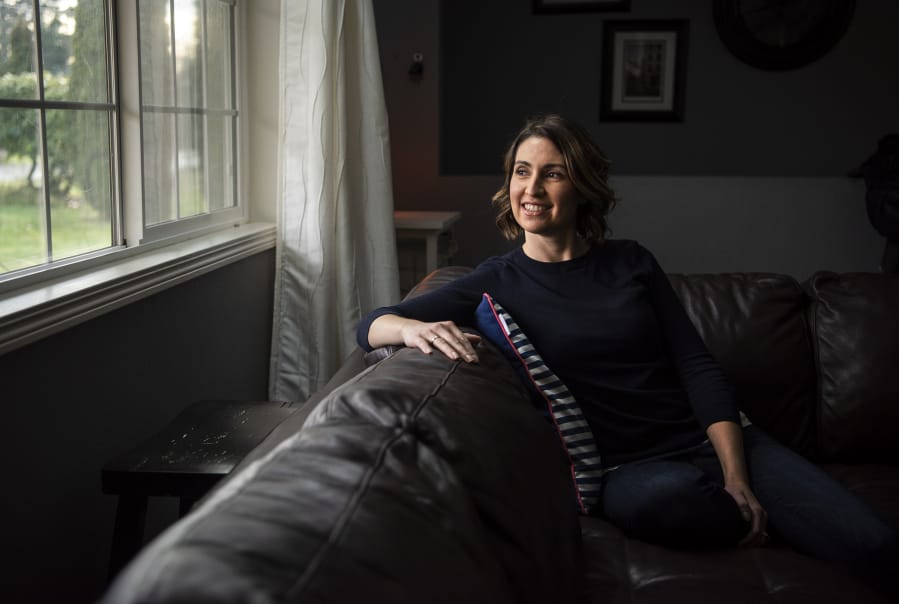Kelly Garcia teaches personal finance courses to people in their 40s and 50s buried by debt and not sure how to dig themselves out. She outlines how to budget with cash envelopes, build an emergency fund and save for retirement.
She thought, “Wouldn’t it be nice if people started their adult life with these skills?”
That’s how Garcia came up with Adulting 101.
“I kept thinking, ‘I wish someone would teach this class,’ ” she said. “Then I realized I could teach this.”
The new Clark College continuing education class begins Feb. 6. The class will cover how to find and keep a job, choose a living situation, spot red flags when dating, set goals and manage personal finances.
Garcia, 35, already has a busy life. She works full time as a revenue analyst and has two young children. She also teaches women’s self-defense.
Her passion for financial education blossomed from her own family’s hardship. She and her husband had just married and bought a house when he lost his job in 2010.
She delved into financial guru Dave Ramsey’s book, “Total Money Makeover,” which lays out seven “baby steps” for getting finances back on track. Garcia and her husband followed the plan and recovered from their setback.
“I saw what a difference it makes,” she said.
Later, she began teaching Ramsey’s Financial Peace University, a nine-class series, and became certified as a financial coach through Ramsey’s organization. (Her next Financial Peace University series begins Jan. 15 at Firstenburg Community Center.)
It was through teaching Ramsey’s course that she encountered people in midlife who hadn’t learned basic personal-finance lessons. She started thinking about how to reach people before they’ve had a chance to make big mistakes.
Her target audience for Adulting 101 is ages 17 to 22, or anyone still making decisions about where to live, or how much to spend on college or job training.
“At this age range, there’s so much opportunity and so little responsibility,” she said. “Their incomes are going to go up exponentially.”
She won’t teach how to, say, sew on a button or change a car tire. She figures that’s something anyone can look up on YouTube. What she plans to share is more conceptual.
Some of the lessons she’ll teach she came by the hard way. She went to six different colleges before earning her bachelor’s degree in business administration and operations management from Washington State University.
She signed a loan for $15,000 at one private college, where staff reassured her that the average graduate made $50,000 a year. She figured it would be no problem to pay off the loan in one year, because she didn’t grasp that the interest would compound or that she would have to stretch her post-college salary to cover living expenses.
Most schools don’t offer home economics anymore. Eighty percent of Americans describe themselves as living paycheck to paycheck, so many parents don’t feel qualified to teach their children how to manage money, Garcia said.
And, she added, with most transactions occurring digitally now, children don’t necessarily see their parents counting out dollar bills for a purchase, or balancing their checkbook at the kitchen table.
“Kids just see their parents swiping a card,” she said. So kids can’t tell the difference between a $5 or a $500 purchase, or the impact it has on the family budget.
If parents supply their children with expensive phones and vacations, she said, young people might grow up expecting to achieve that standard of living right out of school — and plunge straight into debt.
She hopes Adulting 101 will encourage young people to think about how long they’ll be paying college loans before they enroll, or the chunk that rent will take out of their paycheck before they sign the lease.
“If they can master these habits, it will serve them in the long term — especially if they can learn contentment,” Garcia said. “But I don’t know how to teach that. There’s always a better phone, or a better car out there.”




